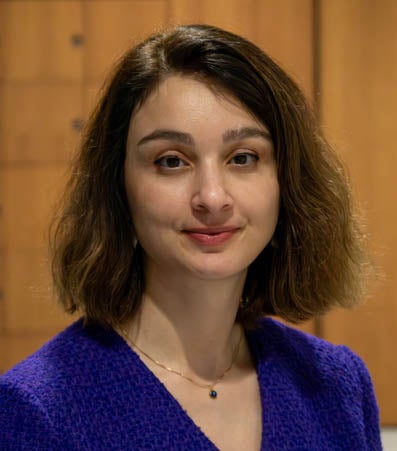Staff Social Psychology (Research)
Master Social Psychology
Read information about the staff below.
Prof. Daniel Balliet
Daniel Balliet’s research focuses on understanding Human Cooperation. He applies experiments, field studies, and meta-analysis to test evolutionary and psychological theories of cooperation. His work addresses issues related to (a) how people think about their interdependence in social interactions, (b) how people condition their cooperation to acquire direct and indirect benefits, and (c) understanding cross-societal variation in cooperation. He founded the Amsterdam Cooperation Lab in 2015, and he is the recipient of an ERC Starting Grant (2015-2020) and ERC Consolidator Grant (2020-2025).
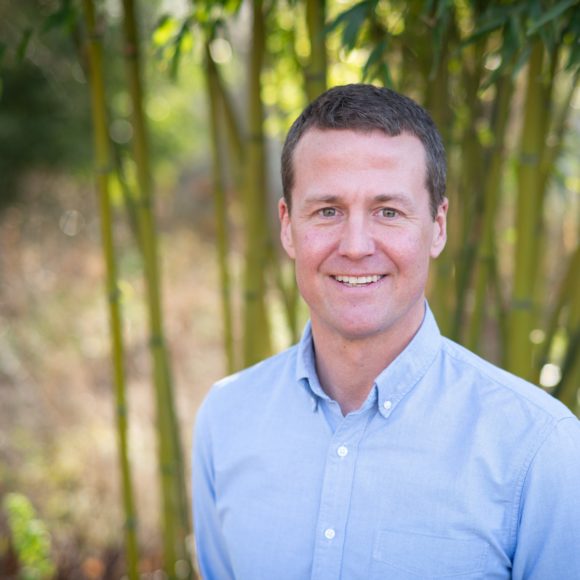
Prof. Paul van Lange
Paul van Lange is Professor of Psychology at the Vrije Universiteit Amsterdam and Distinguished Research Fellow at the University of Oxford. His research focuses on the psychology, economics, and evolution of trust and human cooperation as well as the psychology of climate change, intergroup conflict, soccer, and norm-violation in society. He has come to appreciate to reach out to the general public to provide analysis of real-world phenomena in media interviews and workshops with professionals. Courses: Bridging Social Psychology and Expert Workshop – Interdepence.

Prof. Josh Tybur
Josh Tybur’s primary research focus concerns the emotions that underlie moral cognition and those that motivate us to avoid infectious disease threats. Disgust lies at the heart of both of these topics, though other emotions (e.g., anger) and perceptual processes (e.g., related to vision and olfaction) do as well. He typically approaches these topics with concepts grounded in evolutionary psychology. Courses: Advanced Research Methods.
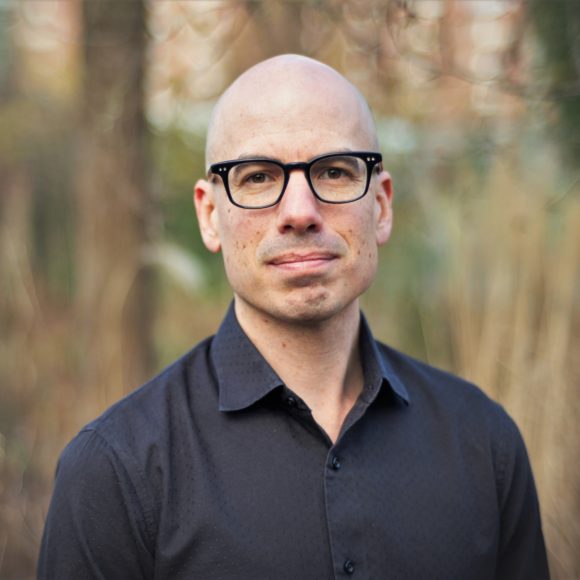
Prof. Jan-Willem van Prooijen
Jan-Willem van Prooijen is Associate Professor in Social Psychology at the VU, Senior Researcher at the Netherlands Institute for the Study of Crime and Law Enforcement (NSCR), and Endowed Professor of Radicalization, Extremism, and Conspiracy Thinking at the Department of Criminal Law and Criminology at Maastricht University. His main research topics are conspiracy theories, extremism, and unethical behavior, and he is broadly interested in how these phenomena emerge in settings relevant for politics, law, and society. He regularly appears in the Dutch and International media. Courses: Moral & Political psychology.
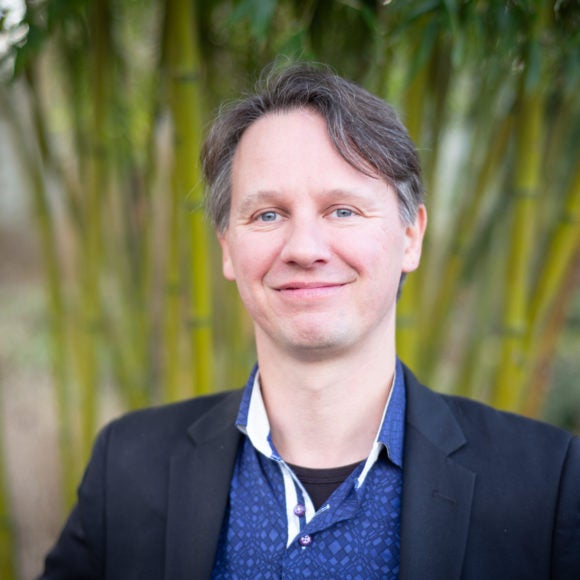
Dr. Francesca Righetti
Francesca Righetti is an Associate Professor at the Department of Experimental and Applied Psychology at the VU Amsterdam. Francesca’s research focuses on close relationships. More specifically she studies sacrifice, ambivalence, and how dual processes shape relationship dynamics (e.g., implicit partner evaluations, self-control, automatic processes). She won several awards and grants, currently she is working on a VIDI grant on Ambivalence in romantic relationships. Courses: Interpersonal processes.

Dr. Karen Mortier
Karen Mortier is a lecturer with a PhD in cognitive psychology. She teaches presentation skills in the research master and introductory courses in the bachelor program. Her research interests focus on several factors that influence cognition, such as being immersed in nature, emotions and the social context. Courses: Writing and Presenting.
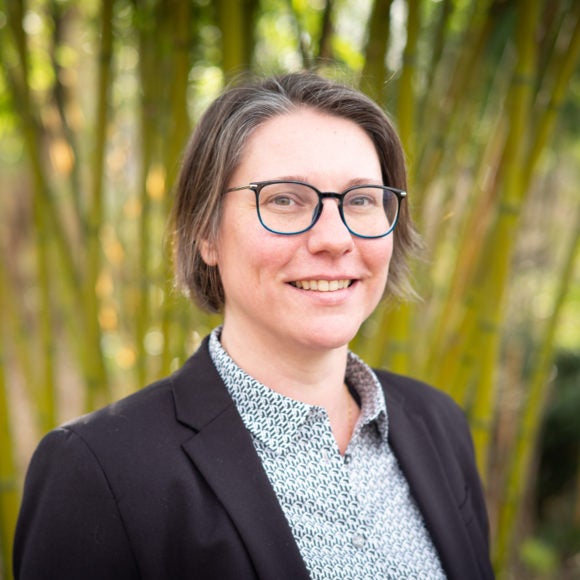
Dr. Bibiana Armenta
Bibiana Armenta is a lecturer in Social Psychology. She graduated Cum Laude from the VU Research Master’s program in Social Psychology in 2012 and she completed her PhD studies at the University of Groningen. She is interested in questions related to how social factors (like permeability) and interpersonal and intrapersonal experiences shape people’s identification with their group. Ultimately, she is interested in on how identity and identity changes affect people’s well-being.
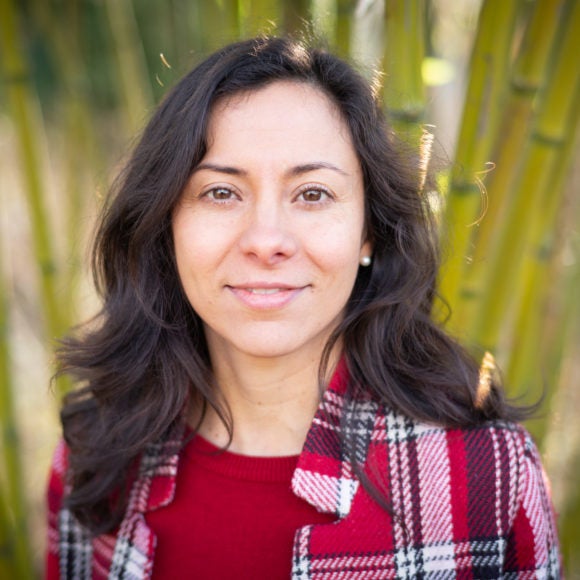
Dr. Giuliana Spadaro
Giuliana Spadaro is an Assistant Professor at the Department of Experimental and Applied Psychology at the VU Amsterdam and co-director of the Cooperation Databank. Her research focuses on trust and human cooperation. In particular, she is interested in how the macro-level cultural and institutional context shapes these interpersonal processes. She addresses these questions combining insights from behavioral, survey, and meta-analytic methods, and by integrating theories from psychology, sociology, and political science. Courses: Advanced Research Methods.
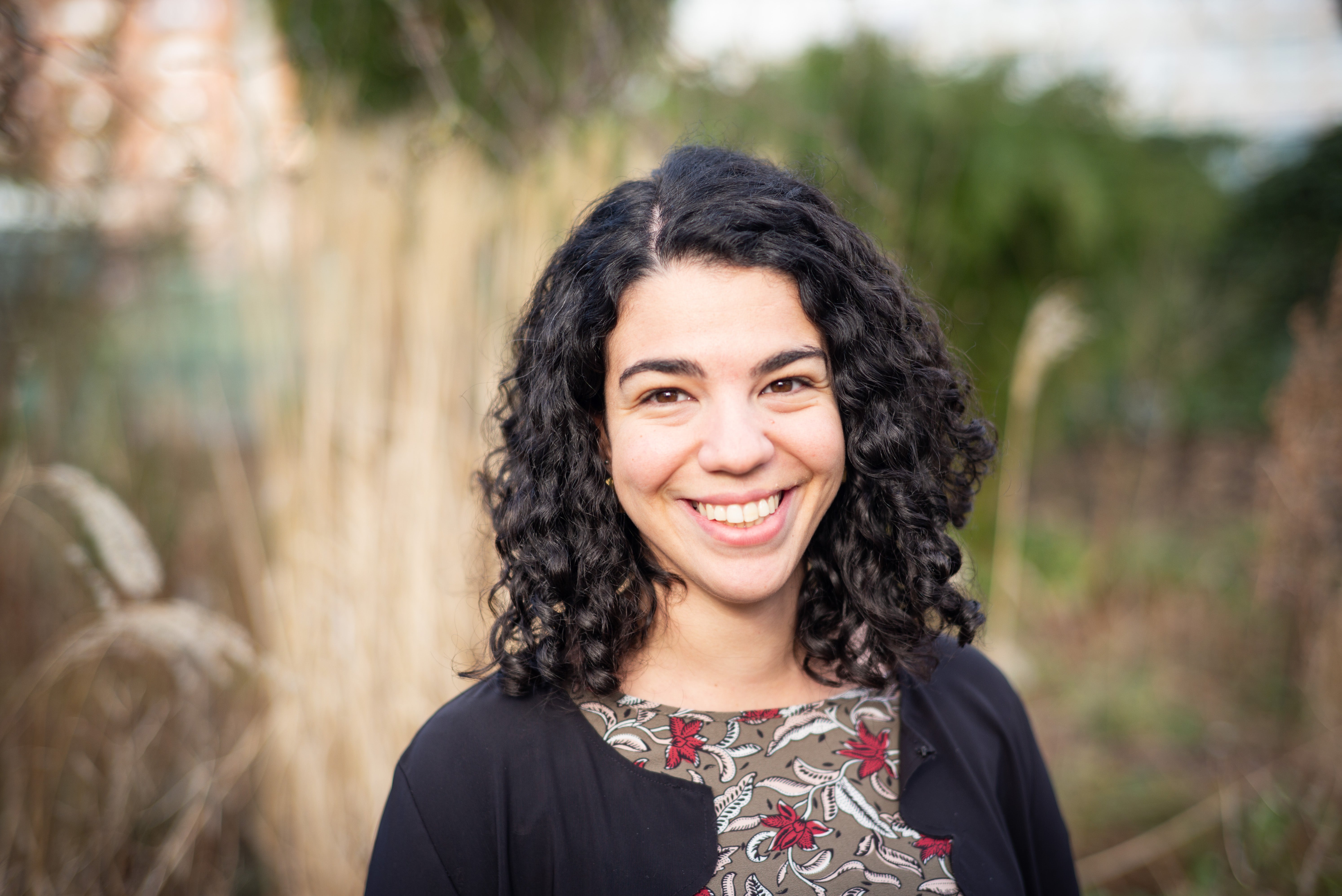
Dr. Roza Kamiloğlu
Roza Kamiloğlu is an Assistant Professor in Experimental and Applied Psychology at VU Amsterdam. She is an emotion researcher with a specialisation in vocal communication. She investigates the origins and functions of emotional expressions, as well as social norms that guide their use across cultures and contexts. Her research uses diverse methods including comparative studies with non-human species, cross-cultural analysis, and computational techniques such as machine learning. She develops citizen science projects and engages with the public through various media and art.
